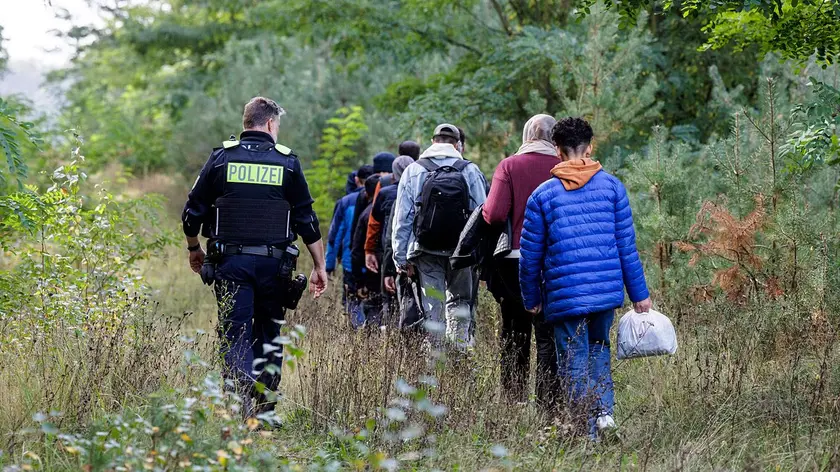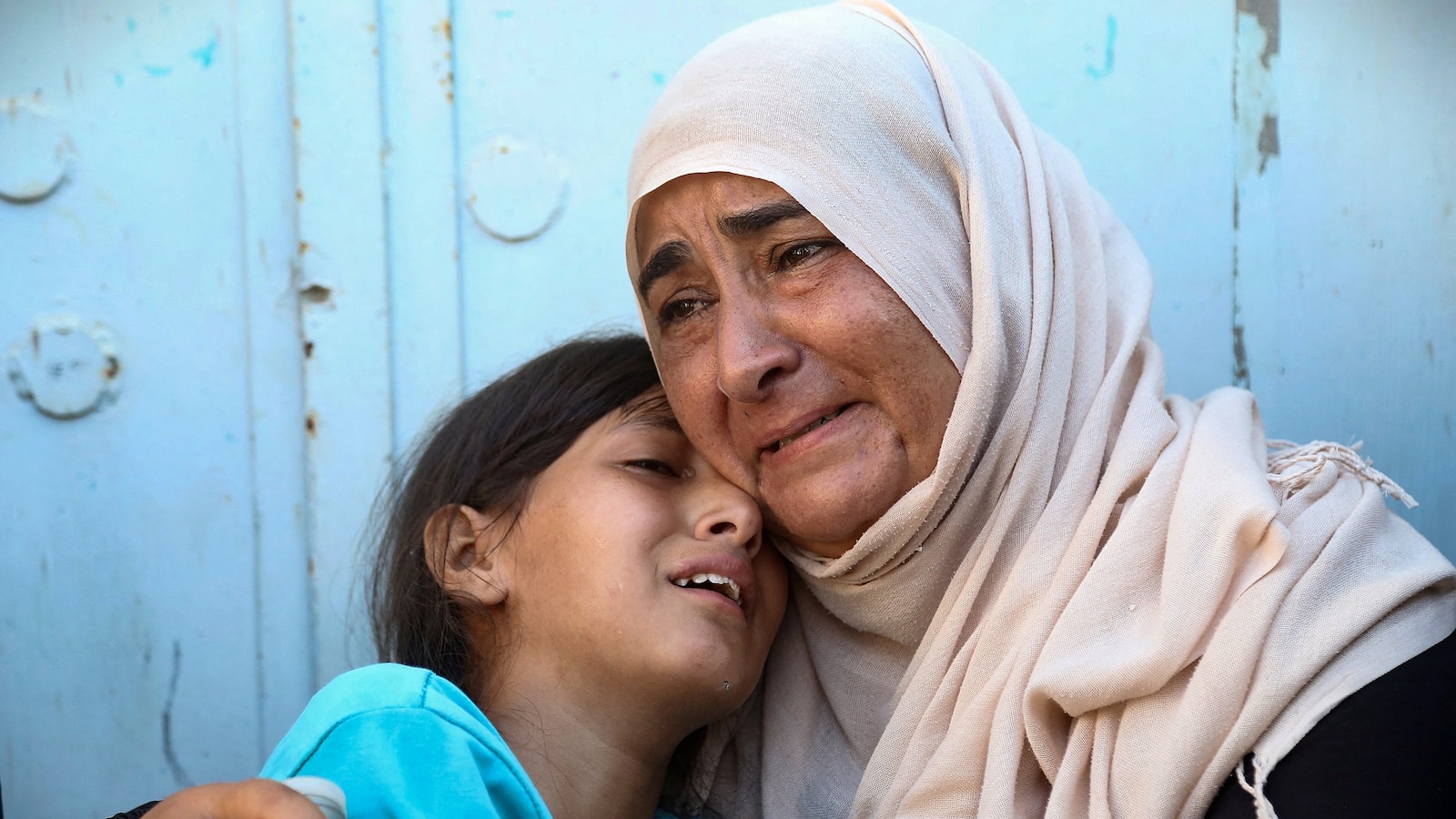T4K3.news
Germany to deport rejected asylum seekers to conflict zones
Germany continues strict immigration measures, planning deportations to Taliban-controlled Afghanistan and Syria.

Germany intensifies its crackdown on irregular immigration amid rising far-right sentiments.
Germany expands deportations of rejected asylum seekers to Taliban-run Afghanistan and Syria
Germany plans to continue its border controls beyond the September deadline as part of a stricter approach to irregular immigration, according to Interior Minister Alexander Dobrindt. This includes deporting rejected asylum seekers with criminal records to Afghanistan and Syria. Chancellor Friedrich Merz supports these measures, linking them to the need to reduce the influence of the far-right Alternative for Germany party. As public safety concerns grow following several violent incidents linked to foreign nationals, the government aims to bolster EU border security and respond firmly to unauthorized migration. The Federal Police reported over 9,000 rejections at the borders since May, with many stemming from Afghanistan, Algeria, Eritrea, and Somalia. Human rights organizations like Amnesty International have criticized the deportations due to the dire conditions in Afghanistan.
Key Takeaways
"We will continue to maintain the border controls beyond the September 15 deadline."
Dobrindt emphasizes the need for ongoing border controls to address security threats.
"Amnesty International criticized the deportations, saying the situation in Afghanistan is 'catastrophic'."
The agency's statement highlights the dire conditions that deportees face in Afghanistan.
The German government's strategy reflects a growing tension between humanitarian obligations and political pressures. As the far-right Alternative for Germany party gains support, partly fueled by public fears surrounding immigration, the current administration's firm stance on deportations signals a shift towards populist policy. This crackdown could influence other European nations as they navigate similar issues. However, the risk of backlash from human rights advocates raises ethical concerns about the treatment of deportees and the reception in war-torn countries. With heightened border controls and an increasing police presence, the implications for asylum seekers in Germany will be substantial moving forward.
Highlights
- Deporting people to war zones raises serious ethical questions.
- Border controls showcase the tension between safety and humanity.
- Germany's approach could influence immigration policies across Europe.
- Rising far-right support prompts a crackdown on asylum policies.
Risks of deportation policies in Germany
The German government's plans to deport asylum seekers to conflict zones like Afghanistan and Syria raises serious human rights concerns and could provoke backlash from advocates and the public.
The government's approach sets a precedent that may resonate across Europe amid rising nationalist sentiments.
Enjoyed this? Let your friends know!
Related News

Meloni criticizes EU ruling on asylum seekers

US begins controversial deportations to African nations

Asylum seeker calls for understanding amid protests

Severe Hunger Crisis in Gaza

UK faces rising fiscal deficit with urgent need for council tax reform

Foreign aid to be airdropped in Gaza

Israel outlines plan to free Gaza from Hamas

Arrest made during Hoylake protests over immigration
